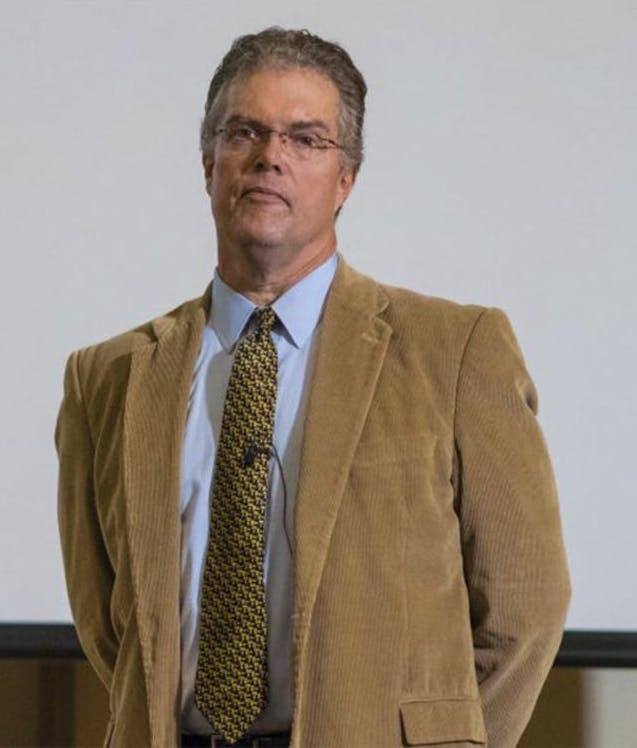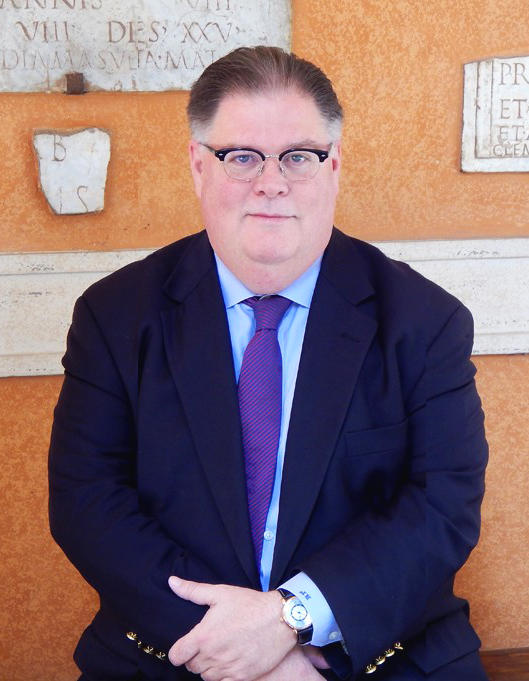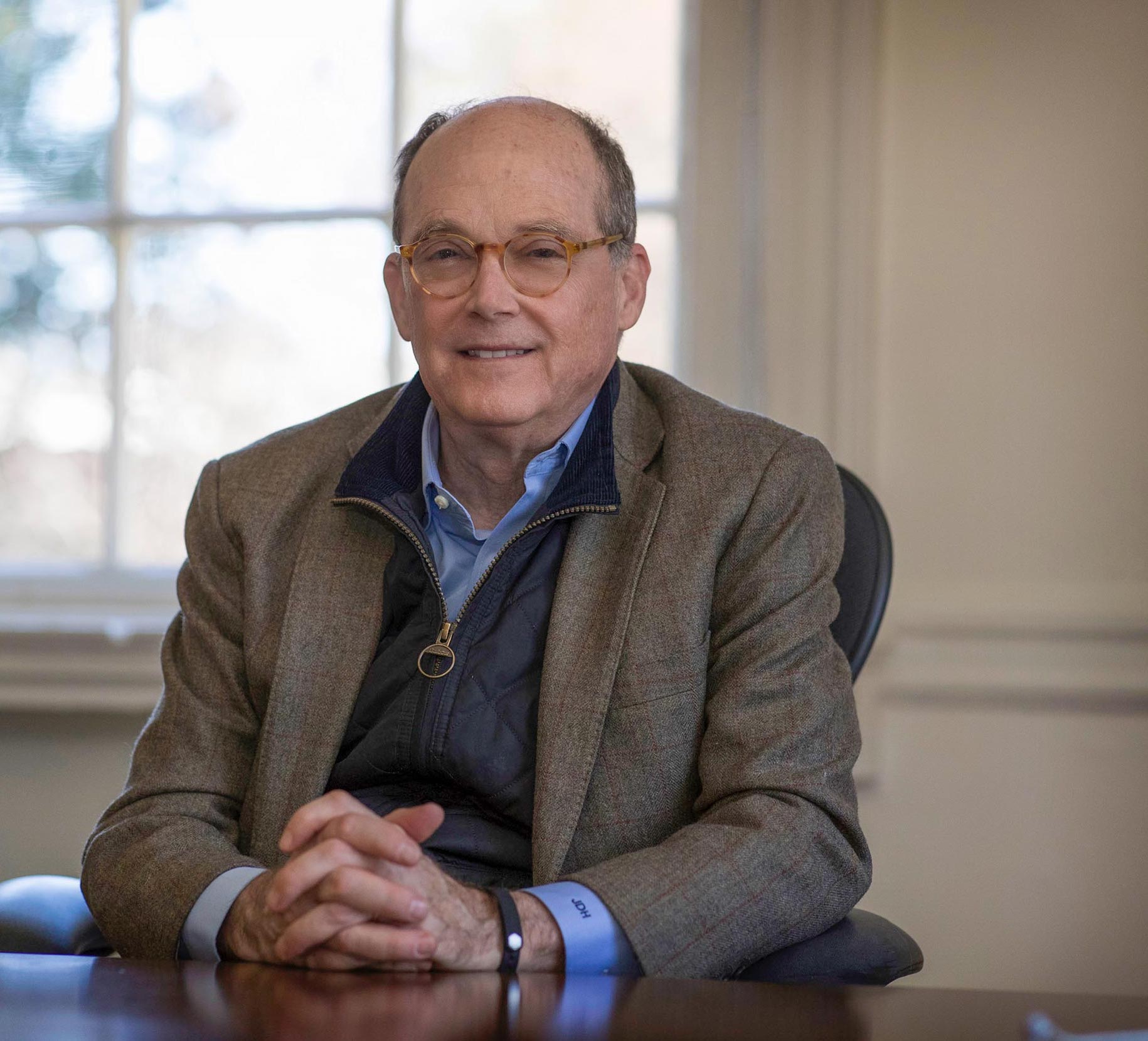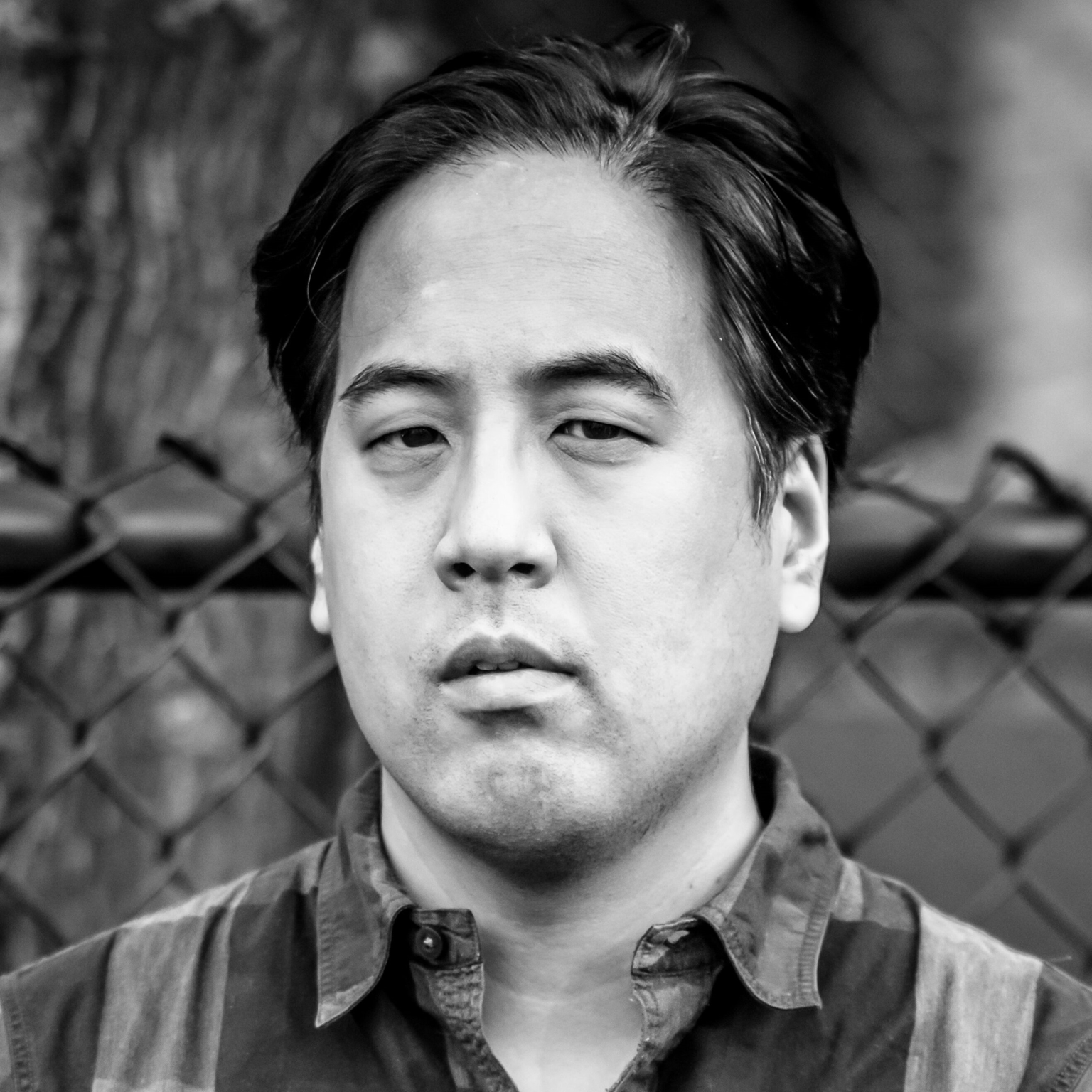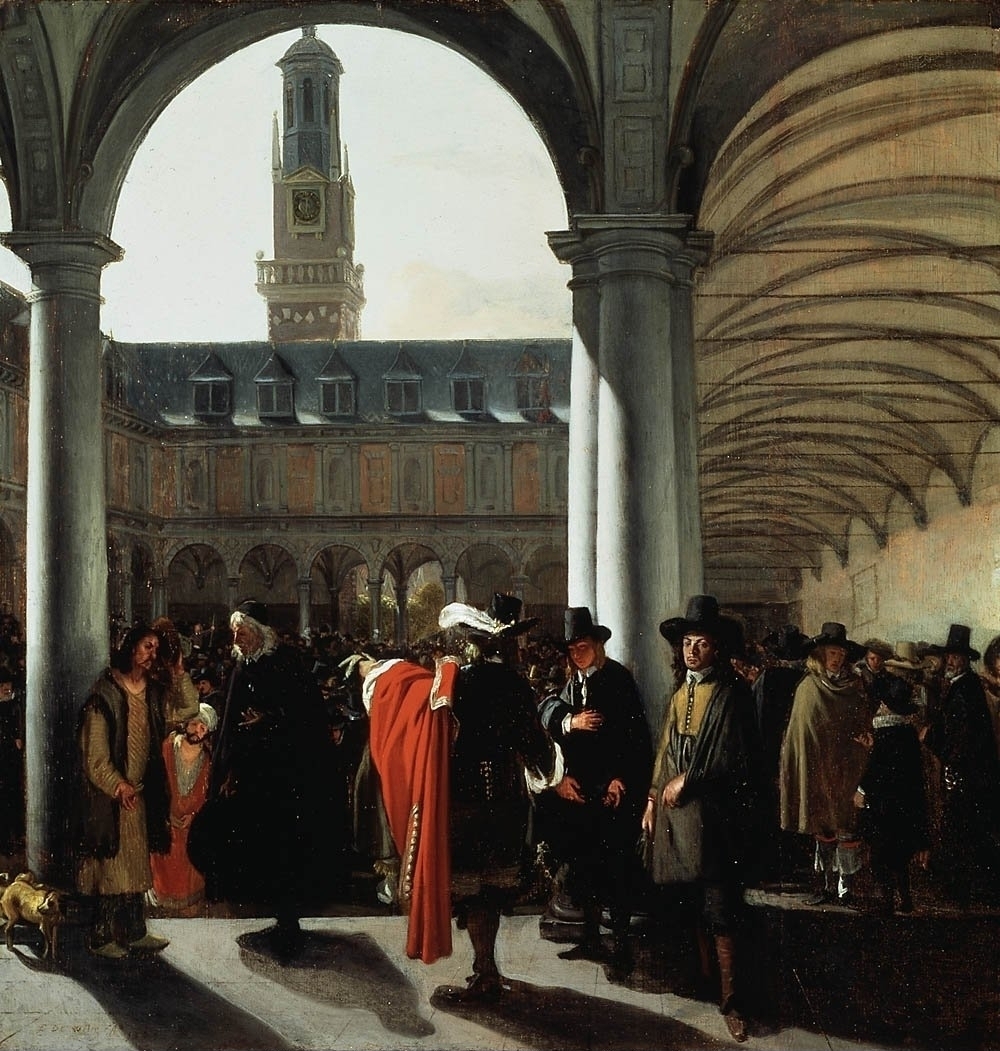Plenary Speakers: Gareth Austin (Cambridge), Sven Beckert (Harvard), Emma Griffin (East Anglia), and Prasannan Parthasarathi (Boston College)
This conference and its subsequent volume will examine yet again the origins of what Max Weber called “the most fateful force in our modern life,” capitalism. Scholarly inquiry into the origins of capitalism dates back to the founding of the social sciences and the topic is of perennial interest. Why did a radically new form of socioeconomic organization that eventually encompassed and transformed the globe emerge in parts of the early modern world? The question has generated and continues to generate extensive debate across disciplines.
This conference will bring together historians and historically-oriented social scientists to reconsider the origins of capitalism in the early modern period (c. 1450 to c. 1850). It will include researchers working on all the major world regions—Africa, Asia, Europe, and the Americas—as well as comparativists and generalists in order to explore the topic regionally, globally, and theoretically. In addition to examining the historical emergence of capitalism, the conference will discuss the concepts and categories that are used to grasp the nature and dynamics of this form of socioeconomic organization. The organizers aim to include as many different approaches to the study of capitalism as possible among the conference presentations and in the subsequent volume.
Gareth Austin (Cambridge), Sven Beckert (Harvard), Emma Griffin (East Anglia), and Prasannan Parthasarathi (Boston College) will deliver plenary lectures.
Download Flyer

